Thirty-two years ago, Don Feinberg and Wendy Littlefield began importing Belgian beer to the USA. The husband and wife team still do. “In 1982, Belgian beer was virtually unknown here,” Feinberg commented, during our recent interview.
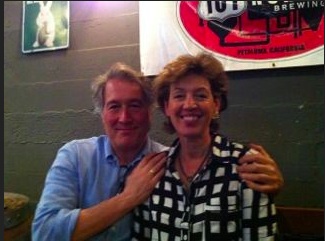
I asked: “You first started importing Belgian beer in 1982. What was it like then?” Feinberg responded: “It was the dark ages. People could care less. Distributors actually spit out sour beer we presented to them, saying ‘Don’t ever bring me anything like that again!’ Slowly, we were able to educate and expose people to the great brews of ‘The Beer Country.’ We were the first to import a number of benchmark beers stateside, (such as Duvel, Affligem, Rodenbach, the Lambics of Frank Boon. In 1986, we started importing Saison Dupont, which has become a great success, though it was not at first.”
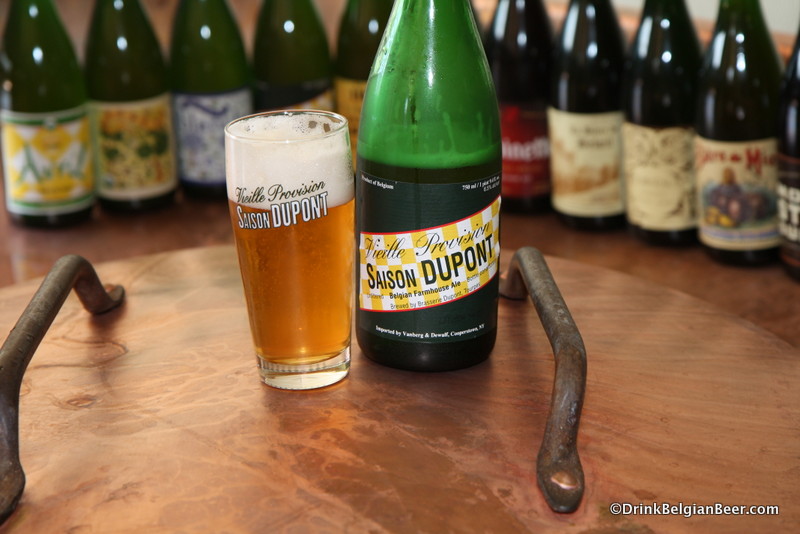
Vanberg & DeWulf imports beer only from small, independent, family-run breweries. “We have three main criteria that we look for when considering a beer for import,” Feinberg told me in September. “Number one,” he continued, “Is: does the beer taste here in the U.S. like it does in its home country? By that, I mean, can transporting the brew significantly change its flavor profile?” Feinberg said.
“Criteria two is: does the beer have a specificity, or a tie, to the region it is brewed in? For example, Saison Dupont is brewed in Hainaut Province, the heartland of saison country. If someone brewed a Double IPA in Hainaut Province, we wouldn’t import it stateside, no matter how good it was, because such a beer would not be specific to, or represent, that region,” Feinberg remarked.
And the third criteria? “We look for beers that have flavor, balance, and complexity without being extreme. Beers that are very drinkable,” Feinberg stated.
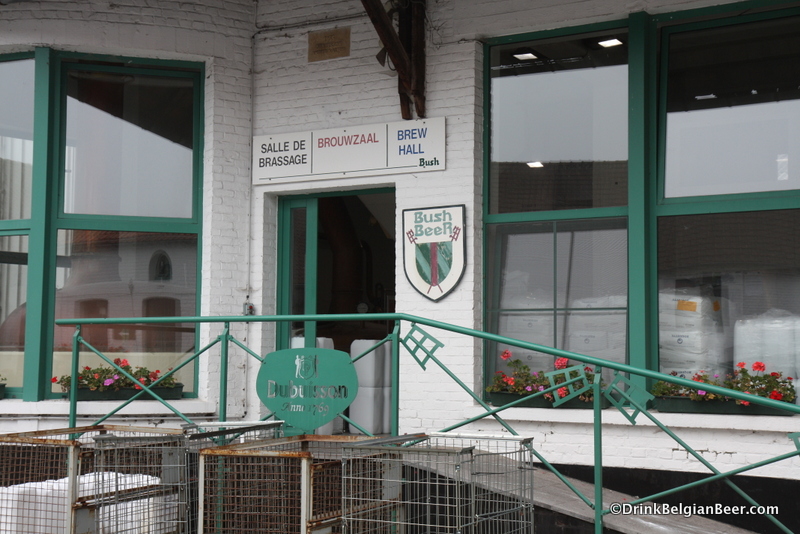
“We divide our portfolio into three sectors,” Littlefield told me. “There are the Belgian classics, such as Brasserie Dupont, Brasserie Dubuisson, and Brouwerij Slaghmuylder. We then have what we call ‘honorary’ Belgian breweries, such as Amiata, Olvisholt, and Castelain. These are great beers that happen not to be brewed in Belgium. Our third group is our special selections, including Lambrucha and Lambickx from Brouwerij De Troch, and Hop Ruiter from De Scheldebrouwerij in Antwerp Province. These are beers we invent and brew or blend, and/or commission to be made in Belgium.”
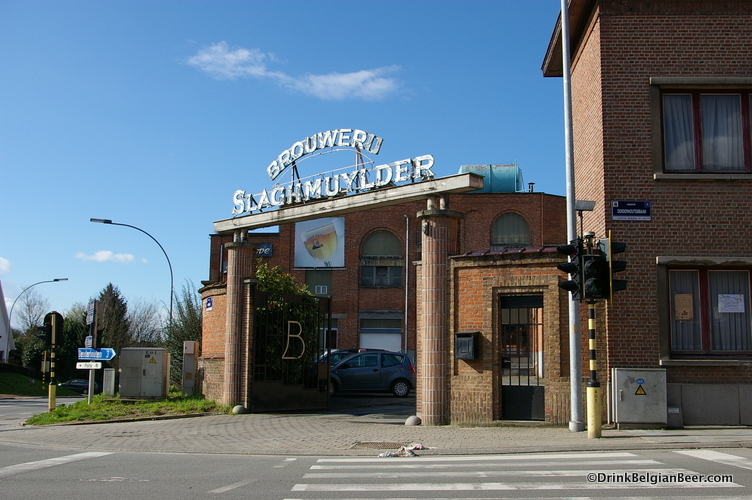
(Editor’s note: Feinberg developed the recipes for Ommegang, Hennepin, Rare Vos, and Three Philosophers.)
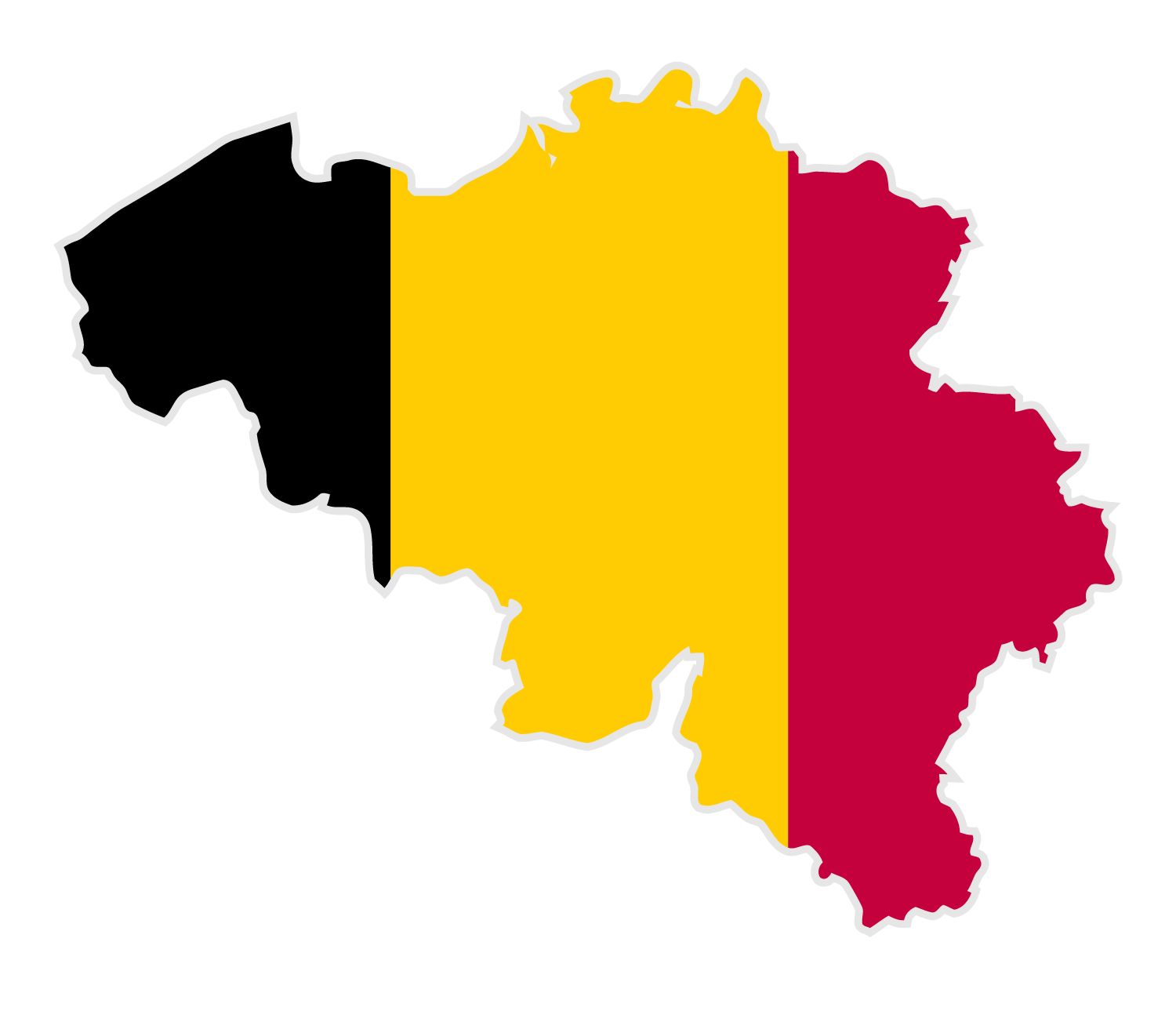
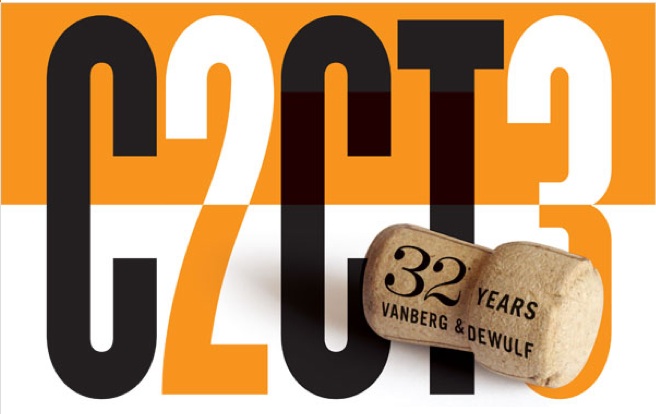
Leave a Reply